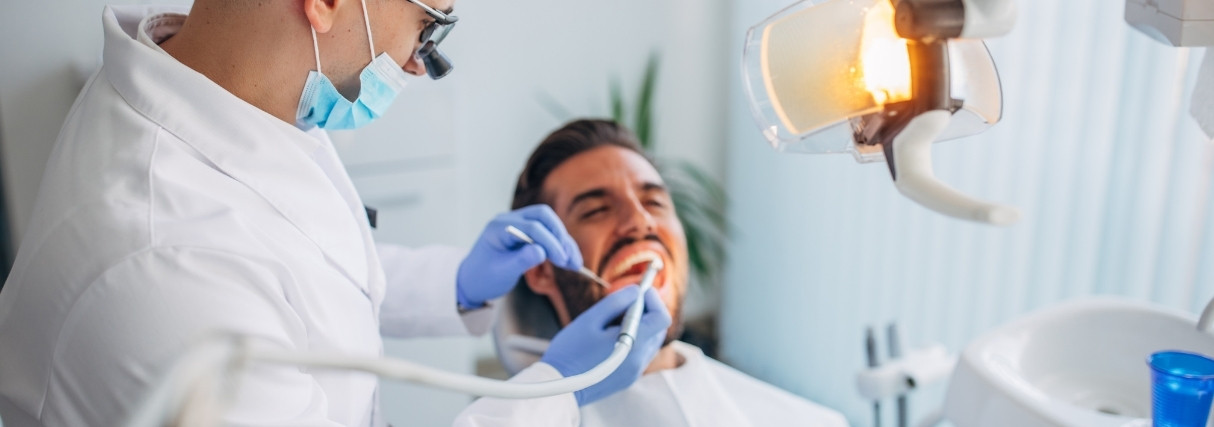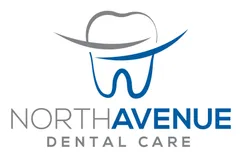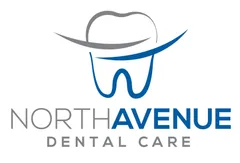Click To Text

A dental emergency can strike when you least expect it—during a family dinner, a weekend getaway, or even in the middle of the night. In moments like these, panic often takes over, leaving you unsure of what to do next.
Should you rush to the nearest dentist, or can you handle it at home for now?
Knowing the right steps to take can make all the difference between saving a tooth and facing more serious complications later.
This blog equips you with practical advice to handle dental emergencies with confidence. Whether you’re dealing with a knocked-out tooth, a throbbing ache, or a broken crown, we’ll guide you through what to do immediately and how to prepare for your dental visit. Emergencies don’t wait, and neither should you.
Let’s dive into the essential steps you need to take before seeing your dentist, so you can protect your oral health and minimize discomfort when the unexpected happens.
Assess the Situation: Is It a True Emergency?
When you experience a dental issue, it’s important to stay calm and quickly assess whether it’s a true emergency or a minor concern. Not every dental problem requires urgent care, but others can’t wait. Knowing the difference can help you make an informed decision, saving you time and potential long-term damage.
- True Emergencies: A severe toothache that’s unbearable, a knocked-out tooth, or a broken crown all fall into the emergency category. These issues demand immediate attention.
- Minor Issues: A slightly sensitive tooth or a loose filling may cause discomfort but can typically wait until your next available dental appointment.
- Stay Calm: Focus on the situation, assess the level of pain or damage, and make a decision based on severity.
- Ask Yourself: Are you bleeding heavily? Is the pain constant or worsening? Is there visible damage to the tooth?
- Get Professional Advice: When in doubt, calling an emergency dentist in Elmwood Park, IL can help guide your next steps and determine whether immediate treatment is necessary.
Knowing how to categorize the issue can prevent unnecessary panic and allow you to act swiftly, preserving your dental health and minimizing further complications.
Immediate First Aid for Common Dental Emergencies
When a dental emergency occurs, you need to act fast. Immediate first aid can significantly improve the outcome of your situation until you get professional help. Here’s what to do for common dental emergencies:
- Toothache:
- Rinse your mouth with warm salt water to alleviate discomfort and reduce swelling.
- Apply a cold compress to the outside of your cheek to numb the pain.
- Avoid placing aspirin directly on the tooth, as it can irritate your gums.
- Knocked-Out Tooth:
- Find the tooth immediately, holding it by the crown (not the root).
- Gently rinse it with water, but don’t scrub it or remove any tissue fragments.
- Try placing the tooth back in the socket if possible. If not, store it in milk or saliva to keep it viable.
- Broken or Chipped Tooth:
- Rinse the mouth with warm water to clean the area.
- Apply a cold compress to reduce swelling and numb the area.
- Use dental wax or sugar-free gum to cover any sharp edges of the broken tooth.
- Lost Crown or Filling:
- If your crown falls out, place it back over the tooth with dental cement or toothpaste temporarily.
- If you’ve lost a filling, use a piece of sugar-free gum to fill the cavity until you can see the dentist.
These quick actions can prevent further damage, reduce pain, and help your dentist provide the best treatment possible.
Dos and Don’ts While Waiting for a Dentist
While waiting for your dentist, it’s essential to take the right steps to manage the situation without making it worse. Here’s a list of dos and don’ts to help you stay calm and prevent further harm:
- Do:
- Apply a cold compress to reduce pain and swelling.
- Keep your head elevated if you’re experiencing swelling or bleeding.
- Use over-the-counter pain relievers like ibuprofen if necessary and as directed.
- Keep the affected area clean and avoid putting pressure on the injury.
- Don’t:
- Avoid using sharp objects like tweezers to remove debris from your mouth.
- Never try to reinsert a tooth or crown yourself if you’re unsure.
- Don’t chew on the side of the affected tooth if you have a broken or loose crown.
- Don’t ignore severe pain or excessive bleeding, as these may signal a serious issue.
When to Call An Emergency Dentist Immediately?
Certain situations require immediate dental attention, and the faster you act, the better the outcome will be. Here’s when you should call the dentist immediately:
- Urgent Attention Needed:
- Severe, persistent toothaches that don’t subside with over-the-counter medications.
- A knocked-out tooth that needs immediate reimplantation.
- Significant trauma to the mouth, such as a broken jaw or large cuts that require stitches.
- Contacting the Dentist:
- Call your dentist as soon as possible to explain your symptoms. They’ll offer advice and help you decide if you should come in immediately or wait until the office opens.
- Be ready to describe the problem, the amount of pain, and how it happened to help the dentist assess the urgency.
- If you don’t have a regular dentist, an emergency dentist in Elmwood Park, IL, will be available to provide immediate care.
Preparing for Your Emergency Dental Visit
When you head to the dentist for an emergency appointment, being prepared can make the visit go more smoothly. Here are the steps to take before you arrive:
- What to Bring:
- Bring your medical history and a list of any medications you’re currently taking. This helps the dentist understand your overall health and determine the best course of treatment.
- Don’t forget your insurance card or any payment details, especially if it’s an emergency and you’re unsure of coverage.
- Steps to Clean the Affected Area:
- If you’re able to, rinse your mouth with warm water before heading to the dentist. This keeps the area clean and can reduce the risk of infection.
- Gently floss around the affected area to remove any food particles, but don’t force anything that might make the pain worse.
- Describe the Issue Clearly:
- Be ready to explain what happened, when it occurred, and the level of pain or discomfort you’re experiencing. A clear description helps the dentist determine the appropriate treatment quickly.
Dental emergencies can be stressful, but knowing how to respond can make a big difference. By staying calm, applying the right first aid, and seeking professional help quickly, you can minimize damage and ease your discomfort. Remember, an emergency dentist is always just a call away, ready to assist when you need it most. Stay prepared, and your dental health will be in good hands. Keep this guide handy, so you’re ready for anything life throws your way!



